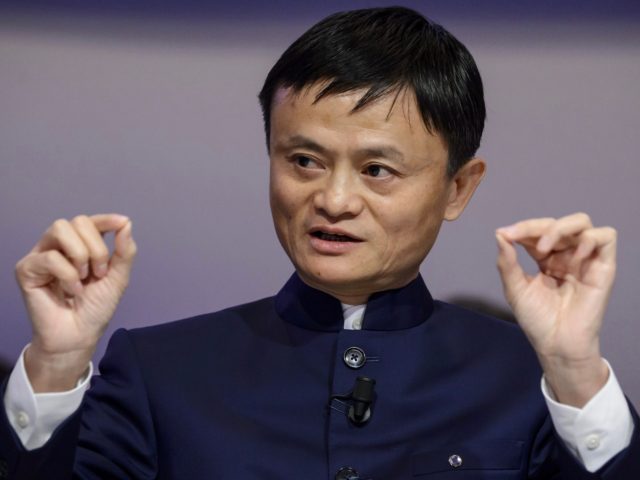Chinese spies could be able to access “sensitive” information in Belgium through investments made into the Liège Airport by the Jack Ma-owned e-commerce giant Alibaba, the country’s justice minister admitted this week.
Appearing before a hearing of the House Justice Committee, Justice Minister Vincent Van Quickenborne said that “Chinese intelligence service agents could have access to sensitive and secure areas of the airport”.
“Alibaba will also have to obey the Chinese security apparatus in the event that the latter wishes to have access to potentially sensitive commercial and personal data held by Alibaba in the context of its activities in Liège,” the minister added in comments reported on Friday by the local news outlet 7sur7.
Quickenborne referenced the 2017 National Intelligence Law, which mandates that Chinese companies allow the communist government access to their data, no matter whether such a company has overseas operations, such as Alibaba, which uses Liège as a distribution hub for shipping goods around Europe.
He also pointed to the 2016 cybersecurity law in China, which he said gives the power to Chinese intelligence operatives to “copy data, including user data. This law applies to any company that provides service via the internet, including Alibaba.”
The Flemish politician claimed that the Liège airport, which is outside the city of Maastricht, is of critical strategic importance to the Chinese Communist Party, saying: “This interest is not limited to intelligence and security purposes but can be viewed within a broader political and economic framework.”
He said that “the future economic importance of Liège Airport to China cannot be underestimated”, explaining that Beijing intends to build an additional 215 new airports by 2035 in order to expand its global economic reach.
Quickenborne also said that the risk of China attempting to use its economic pressure on politicians through projects like the Liège Airport “certainly” exists.
The Southern China Morning Post, which was bought out by the Alibaba Group in 2016, reported that the airport in Belgium “is the Western Europe linchpin of Alibaba’s global network of logistics centres, known as the electronic World Trade Platform (eWTP).”
The paper went on to say that the airport represents one of the six global logistics centres set up by the Amazon-style Chinese company.
Van Quickenborne said that while the European Union mandated last October that each member state examine foreign investment, which might impact national security, the Belgian government has so far failed to implement any such measures.
He said that the country must now take action or accept “the risk associated with large investments and the taking of a dominant position on the market by Chinese companies and therefore, by extension, by the Chinese authorities”.
The Chinese embassy in Belgium denied what it termed “baseless allegations”, claiming that the Chinese Communist Party does not “demand Chinese enterprises to engage in activities that breach local laws or regulations”.
“China never presents a threat to Belgium,” the embassy said, adding: “The cooperation between the two nations is built on the foundation of mutual respect, mutual benefits and win-win relationship.”
The power that the Chinese government holds over corporations within the country was put on full display when Jack Ma, the founder of the Alibaba Group, mysteriously disappeared from public view for months after making critical remarks about the regulatory state in China in October of last year.
In January, Breitbart News reported that the Chinese state had allegedly pressured Jack Ma to hand over consumer data to the government, adding further speculation to the true nature of his mysterious disappearance.
Three months later, regulators imposed a record $2.78 billion (£1.99bn) fine on the company for supposed antitrust violations.
Follow Kurt Zindulka on Twitter here @KurtZindulka

COMMENTS
Please let us know if you're having issues with commenting.